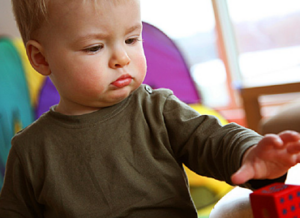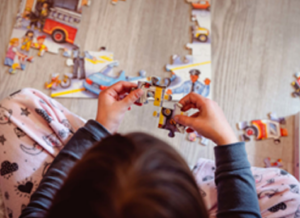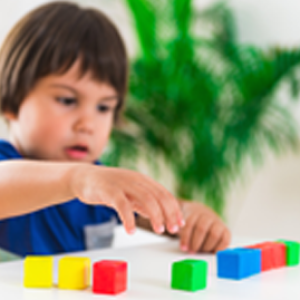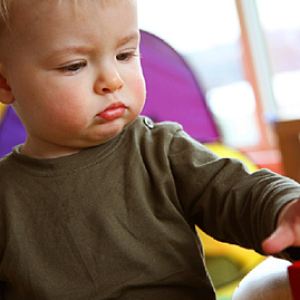When children develop skills later than expected for their age, they may be showing signs of a developmental delay. This delay can impact different areas such as speech and language, motor skills, cognitive abilities, social interaction, and emotional growth. Each child progresses at their own pace, but there are typical timeframes for reaching certain developmental milestones. If a child consistently misses these, they might be experiencing a developmental delay.

These affect a child’s ability to think, reason, remember, and learn. Signs may include difficulty following simple instructions by age 2, not imitating actions or words, or not searching for hidden objects by age 1.

These delays impact relationships and interactions. For example, a child may react inappropriately during play, have trouble understanding social cues, or struggle with emotional regulation, like becoming easily upset or aggressive.

These impact physical movements and coordination, including skills like walking, sitting, balancing, or using hands and fingers effectively. Signs include delayed crawling, trouble with hand-eye coordination, or intense sensitivity to textures or touch.

These affect a child’s ability to communicate effectively. Signs include an inability to express more than basic needs by age 2, difficulty forming understandable sentences by age 4, or not using gestures like waving by age 1.
The root cause of developmental delay may vary. Premature birth, complications during pregnancy, genetic conditions like Down syndrome, or sensory impairments such as hearing loss are among possible contributors. Sometimes, developmental delays can also indicate conditions like autism spectrum disorders.
Early identification and support are key. When delays are noticed, it’s important to work with healthcare providers who can assess and recommend tailored interventions, whether through occupational therapy, speech therapy, or developmental programs. With the right support, many children can make significant progress, reaching milestones at their own pace.
A developmental delay isn’t the same as a developmental disability, though an untreated delay may evolve into a more lasting disability. Addressing a delay early can help prevent potential challenges and promote a child’s ability to learn, interact, and grow in a supportive environment.



